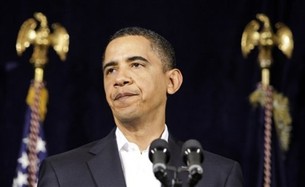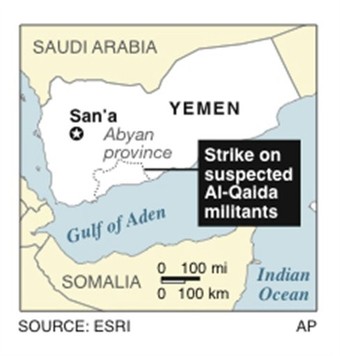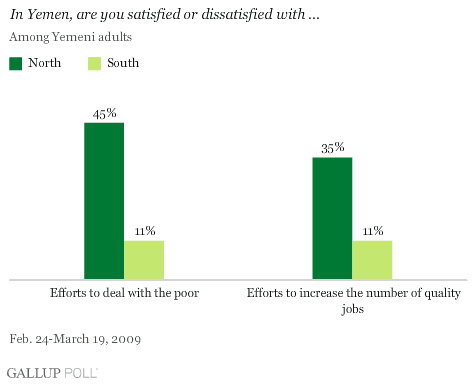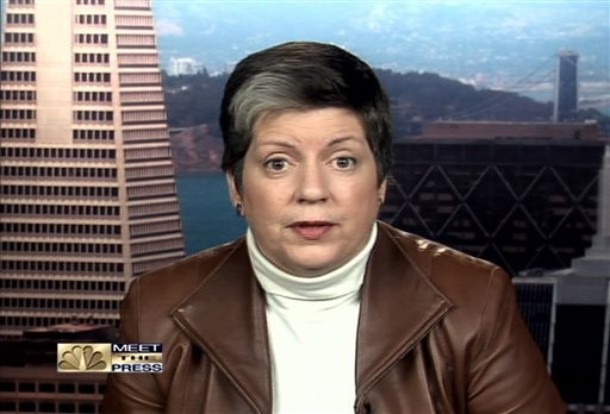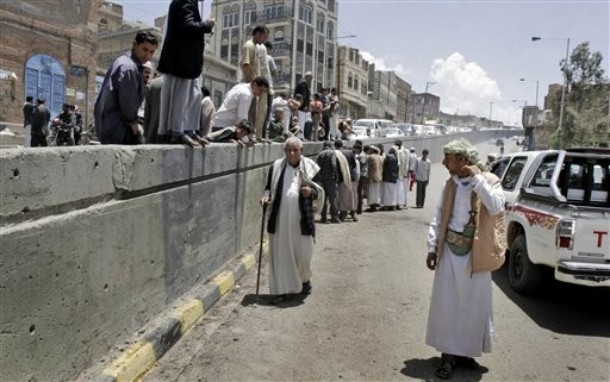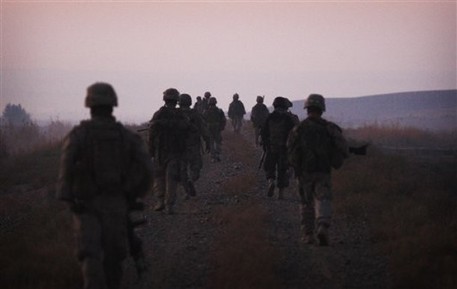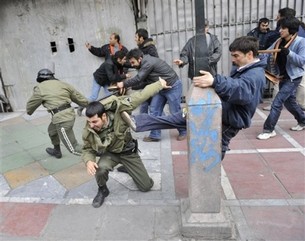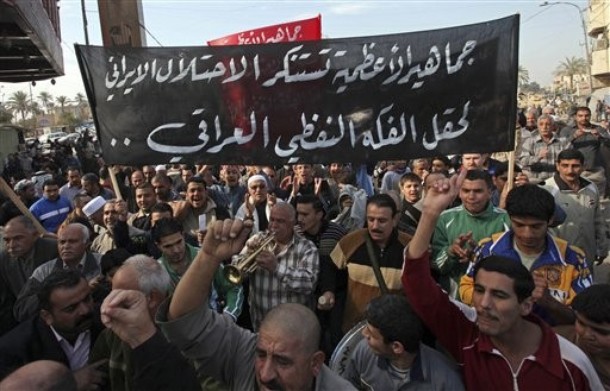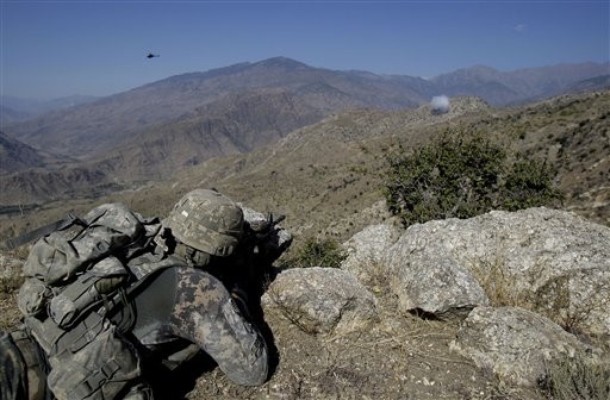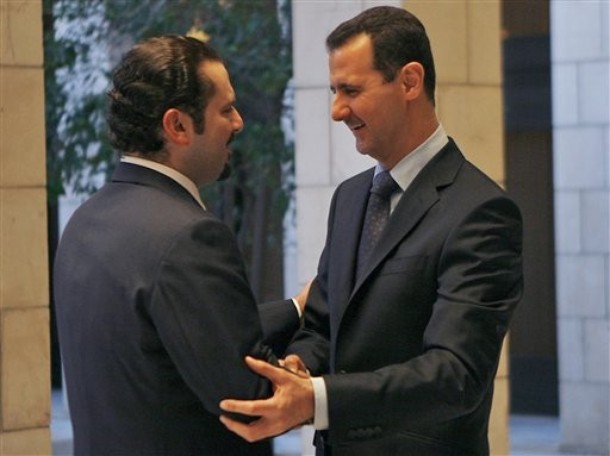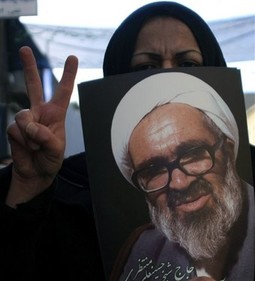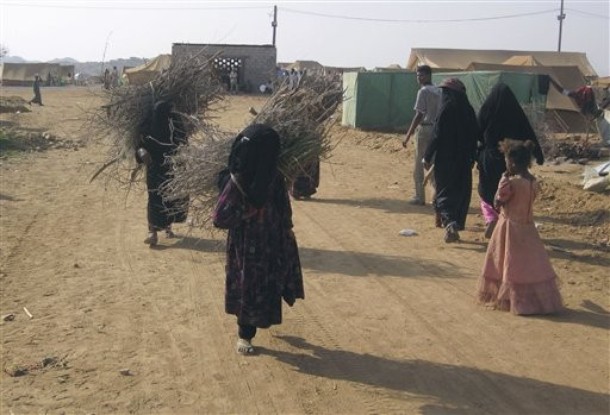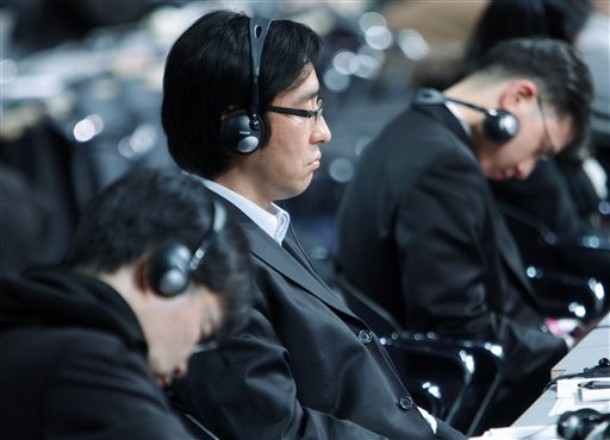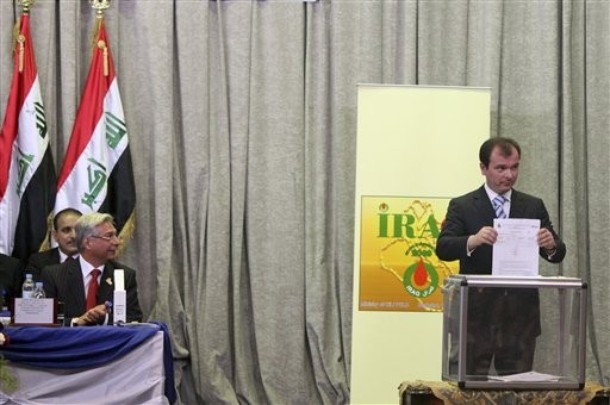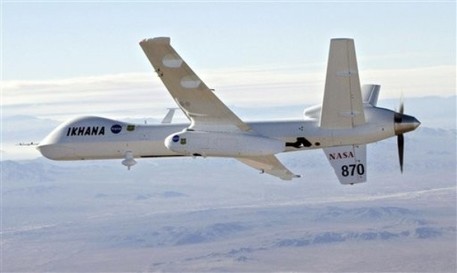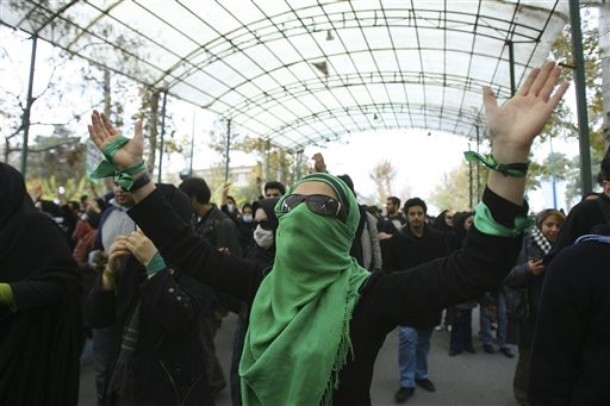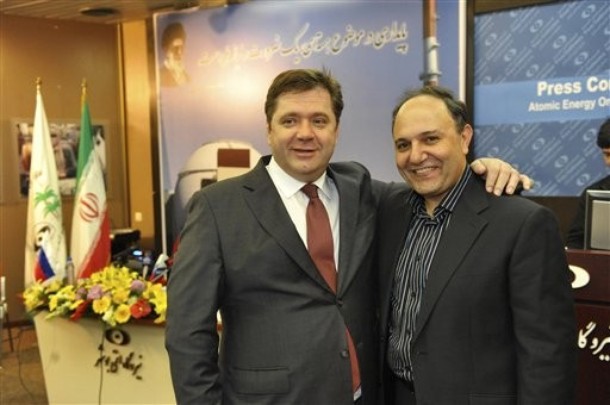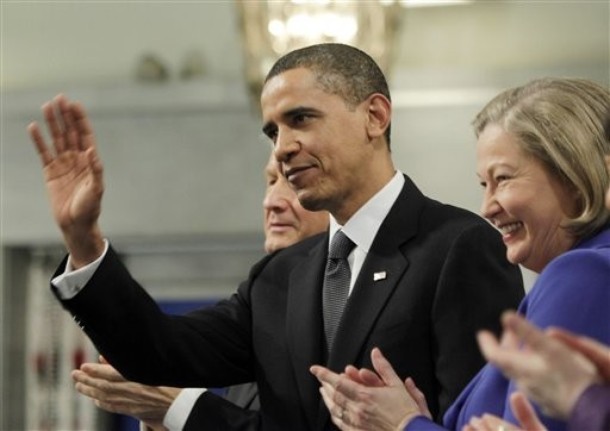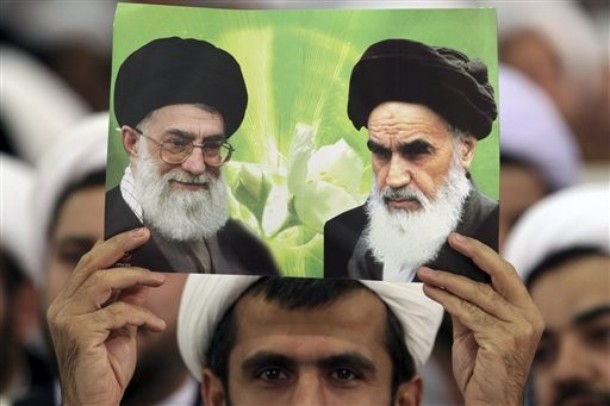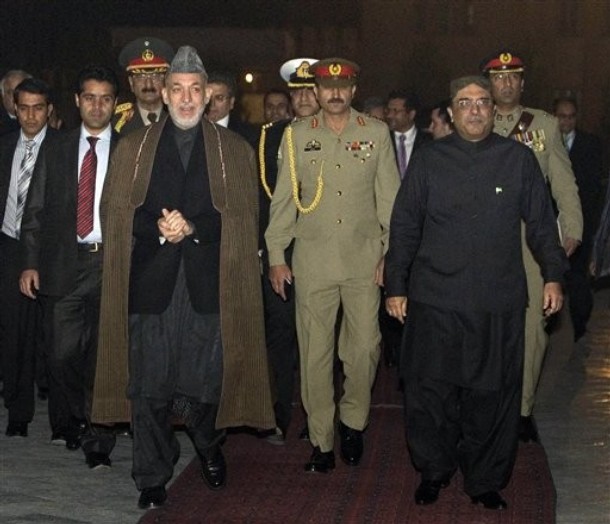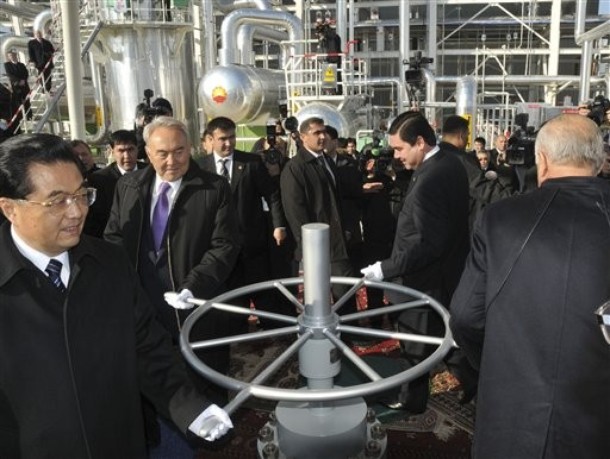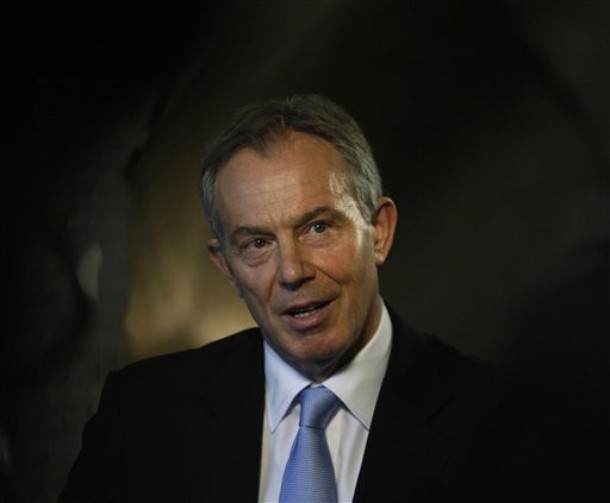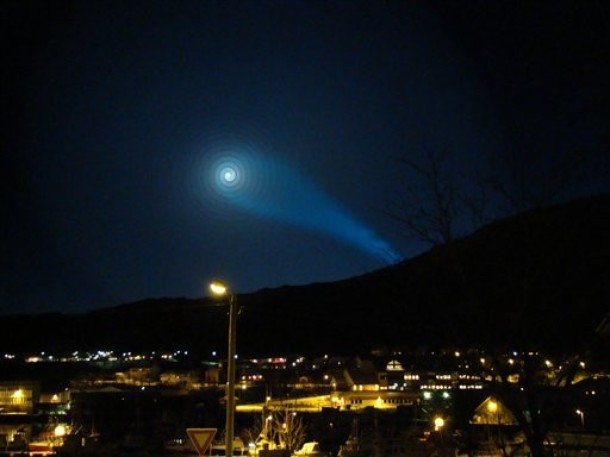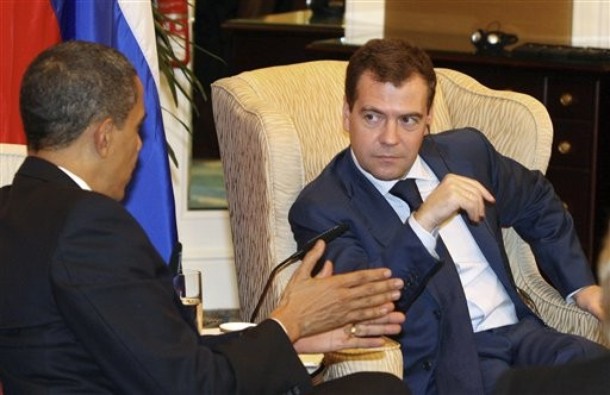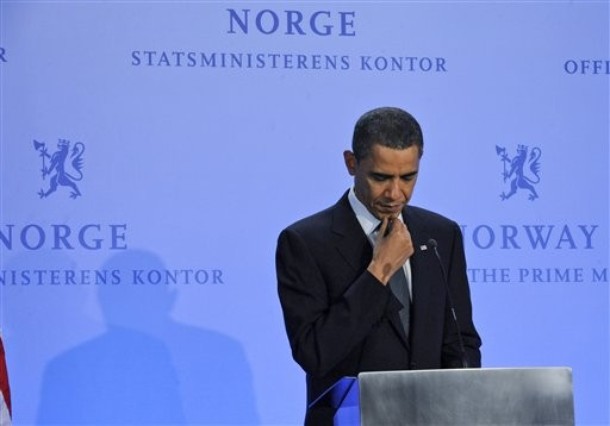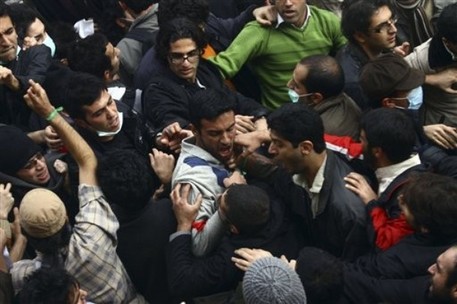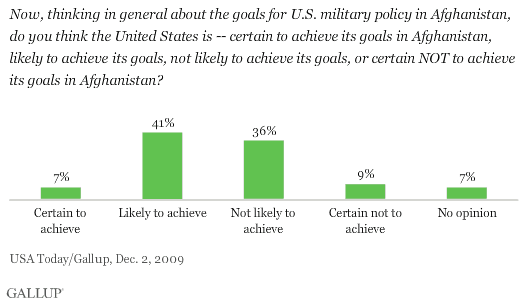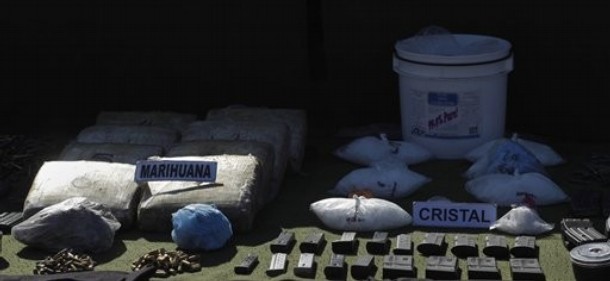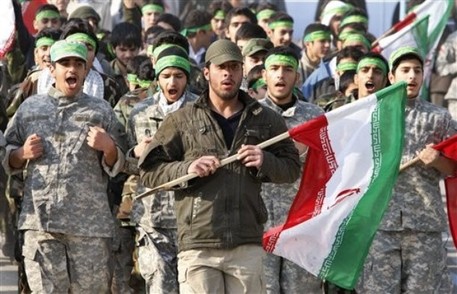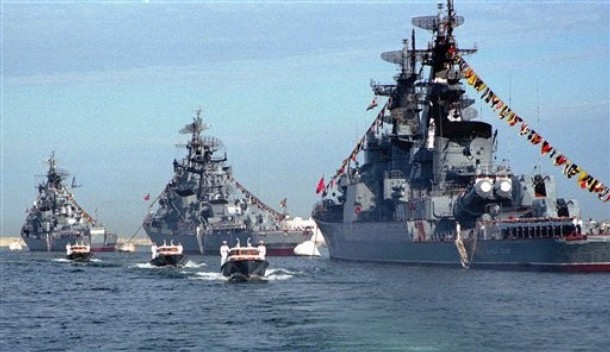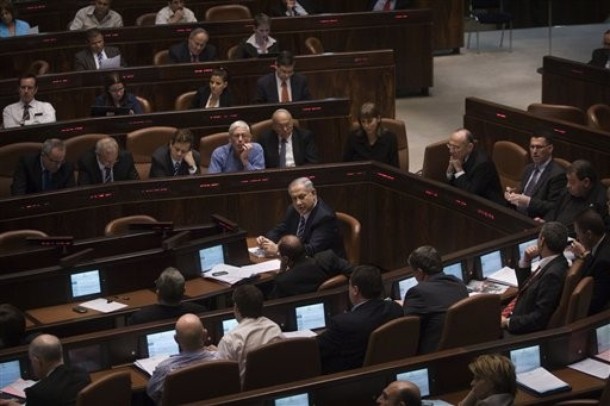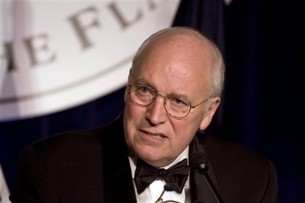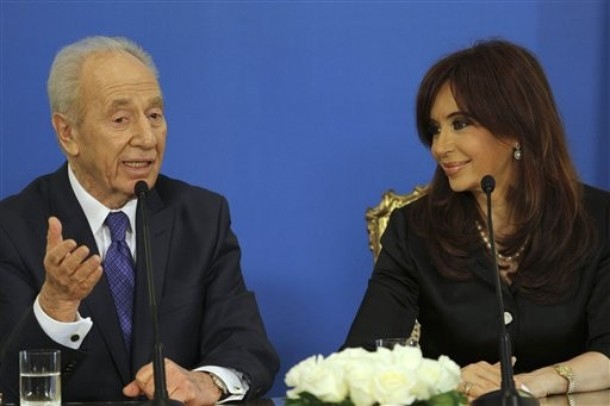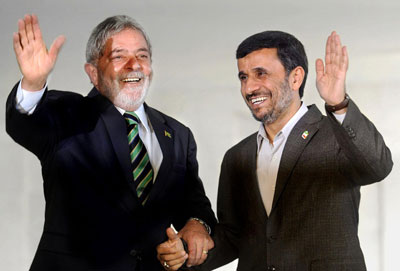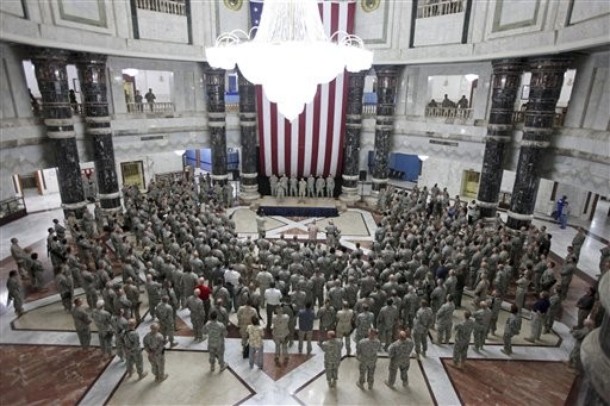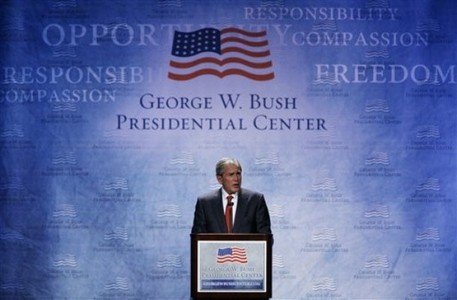The WTO's Doha Round once held the promise of increasing global welfare by hundreds of billions of dollars and lifting millions of the world's poor out of abject poverty. Today it's become little more than a travel subsidy program for international diplomats and a tired punchline for trade geeks like me. And it needs to finally be put out of its misery.
It pains me to say this. For the last few years, I've resisted my colleagues' time-of-death declarations, most recently pointing to the near-breakthrough at last year's "mini-ministerial" as evidence that the Doha Round, while imperfect, was salvageable. But last week's Ministerial Meeting in Geneva has finally settled it for me: Doha is dead.
As a doornail.
Now, true believers will argue that WTO Members are still trying, and that the Geneva Ministerial meeting was never intended to include formal Doha Round negotiations, and they'd certainly be right on both counts. But three things were made very clear during last week's meeting, and each alone provides a strong indication that the Doha Round is in trouble. Combined, however, they make it clear that the negotiations are a lost cause, and it's time to pull the plug.
(1) The apparent abandonment of the Round by much of the developing world. To little fanfare, a group of 22 developing countries, including Brazil, India, Argentina and South Korea (but not China), announced the completion of a "South-South" trade agreement that would reduce tariffs on trade in manufactured goods between all signatories. The agreement, expected to be expanded to more countries and finalized by September 2010, does not formally conflict with the Doha Round - indeed, GATT Article XXIV, GATS Article 5 and the WTO's Enabling Clause each allow for regional trade agreements. Informally, however, the agreement clearly signifies a lack of developing country confidence in Doha. First, the agreement was spearheaded by Jorge Taiana, foreign minister of Argentina and a longtime Doha critic who was quoted as saying that the agreement "is a clear demonstration that the developing countries are willing to continue working on strengthening South-South trade and in a process of liberalisation compatible with development." (Translation: we don't need no stinking Doha.)
Second, the timing of the announcement - smack-dab in the middle of the Geneva Ministerial Meeting - also is a clear signal of developing country disapproval for the current Doha Round process (often excluding developing Members from high-level negotiations), focus and outcome. (Apparently, DG Lamy and other developed country ministers were extremely peeved upon learning that the Agreement's completion would be announced mid-Ministerial.) Finally, the completion of the agreement will certainly diminish the signatories' incentives to complete a Doha Round Agreement that would undermine any tariff preferences/benefits that the South-South Agreement would provide them, particularly vis-a-vis non-signatories. For example, Brazilian imports would have a significant tariff advantage over Chinese (or American or European) imports in, say, the Argentinian market, so why would Brazil want to ruin that sweet deal with a Doha Round Agreement that forced Argentina (and all other WTO Members, including South-South signatories) to liberalize its market for all WTO Members? The obvious answer: it wouldn't.
So when the Doha Development Round is publicly undermined/opposed by the very targets of that "development," you know you have problems.
(2) The mirage of United States' involvement. Developing countries aren't the only ones who have moved on. I've complained for months now about how the Obama administration's lack of real involvement was hurting the Doha Round, and this fact was a constant theme of the Geneva Ministerial. Indeed, in the last two weeks we saw developing Members, developed Members and industry groups all openly kvetching about the United States' (i) lack of Trade Promotion Authority (aka "fast track" negotiating authority); and (ii) refusal to make concrete commitments on agricultural and industrial market access, and the retarding effect of these things on the negotiations. Personally, I think a lack of TPA is a surmountable obstacle because the US has completed trade negotiations (albeit few) without TPA. But the last few months have made it very, very clear that one of the worlds richest countries, biggest subsidizers and supposed "free trade leaders" simply can't sit on the sidelines expressing vague "support" for the round, making demands of its trading partners, yet refusing to make real commitments of its own. Such childish behavior might be acceptable by China or Argentina or even India or Brazil, but not the United States. And past Doha Round breakthroughs have proven that when the US plays the "adult" in the room - e.g., being the first to make a strong farm subsidy commitment at last year's mini-ministerial - it can generate momentum and get things done. When it sits back, however, everybody just points fingers, and nothing gets done. Nada.
Either the White House doesn't understand this reality, or they understand it all-too-well. In other words, the Obama Administration naively thinks that Doha can be completed with the United States being - to mangle an old saying - just another country on the WTO rollcall between Albania and Zimbabwe. Or they think that the Doha Round is dead (or not going anywhere anytime soon) and have decided that there's simply no point in angering the farm lobby, domestic labor unions, certain manufacturers and the anti-trade greens in 2010 by offering formal liberalization commitments for a Doha Agreement that isn't going to materialize soon (or ever). Instead, they'll just sit back, express "support," try to force things through secret bilateral meetings, and fail. Happily.
Given the significant international trade experience at USTR - Ron Kirk notwithstanding (natch) - I find it impossible to believe the former scenario. On the other hand, the latter, "politics-first" stance seems very plausible, given (i) the myriad other examples this year of this administration sacrificing trade to advance political priorities; and (ii) the United States' blatant refusal (subscription) last week to commit to a ministerial-level "stock-taking" session in March 2010. The stock-taking brushoff is especially damning, as it's a crystal clear sign that the United States isn't planning to make formal negotiating offers anytime soon and just doesn't want to get publicly lambasted (again) by most other WTO Members in less than four months. Who needs that, right? Ugh.
Of course, this might be smart politics, but it's dreadful policy. As I've already pointed out above, things at the WTO just don't move without US leadership, so if Doha wasn't already dead, the Obama administration's political calculations pretty much ensure that it is now.
(3) The Round's complete lack of credibility. For the last several years, business groups and other Doha Round observers have been treated to a silly five-step dance: (i) set deadline; (ii) breathless, optimistic urgency by WTO leadership (most recently DG Lamy); (iii) missed deadline; (iv) finger-pointing; and (v) stock-taking. (Over and over and over and....) Only twice since 2005 has there been significant movement: November-December 2005 (with the agriculture offers of the US and EU) and last year's mini-ministerial. Other than that, nothing has moved - it's been eight years, and we're still negotiating agriculture and industrial modalities! - and yet the deadlines, baseless optimism and finger-pointing continue. Indeed, although one must feel sorry for DG Lamy and certainly can't fault his enthusiasm, the "deadline dance" has caused his calls for completion of the Round in (now) 2010 to be met with chuckles, instead of urgency. And while this diplomatic stagnation is kinda humorous, it's also created a complete lack of confidence in the global business community - the primary lobbying force behind any final deal - that a Doha Agreement is forthcoming. Without that confidence, business groups simply won't spend the time and money necessary to engage in a major pro-Doha lobbying effort. And without strong business support, WTO Members (who are always politicians first, and free traders second or third) have little motivation to confront their protectionist constituents with a major trade liberalization agreement. In Geneva last week, the key business groups were there, but their efforts were pretty minimal compared to years past. Sure, they'll swear up-and-down to the contrary (except for the occasional moment of candor), but deep down everyone knows better.
Each of these three problems was on full display at Geneva last week, and they're the key reasons that I'm throwing in the towel on a comprehensive free trade agreement to emerge from the Doha Round. Yet while this is a somewhat depressing realization, there are a couple reasons for hope. First, if WTO Members could ever bring themselves to admit that Doha's dead, they could quickly complete the Round's uncontroversial negotiations, such as those on trade facilitation, that could improve global welfare by billions of dollars.
Second, and as I discussed recently, the collapse of the Doha Round might cause nations truly interested economic growth and development to take a hard look at the efficacy of reciprocal trade liberalization and maybe, just maybe, seek a better way forward. In an era of global supply chains, foreign investment and multinational corporations, current "free trade" negotiations - which incorrectly treat liberalization as a zero-sum game and deem market access offers to be "concessions" - are proving increasingly antiquated and difficult. (Why should doing something that's undeniably in your interest be so darn painful?) Now more than ever, open markets and improved capital flows are beneficial in their own right, and the Doha's failure could accelerate the process of transitioning away from the old-school "reciprocity model" to a system in which nations engage in unilateral trade liberalization in order to better compete for global capital and talent.
I know, I know, that's some Lamy-esque optimism there, but it's all I got right now. I'm in mourning afterall.
Now somebody give me the gun, and let's get this over with.
Scott Lincicome is an international trade attorney in Washington, DC. He blogs at http://lincicome.blogspot.com/.

